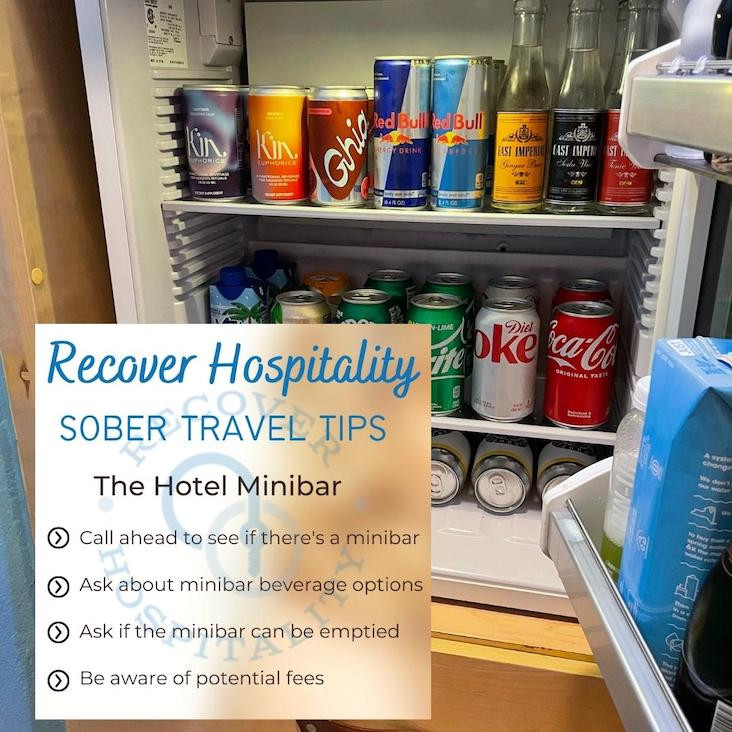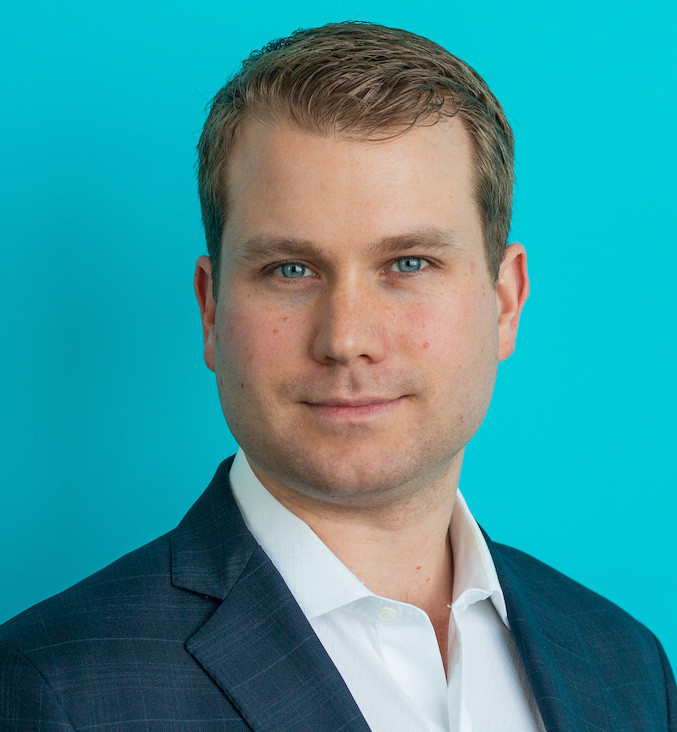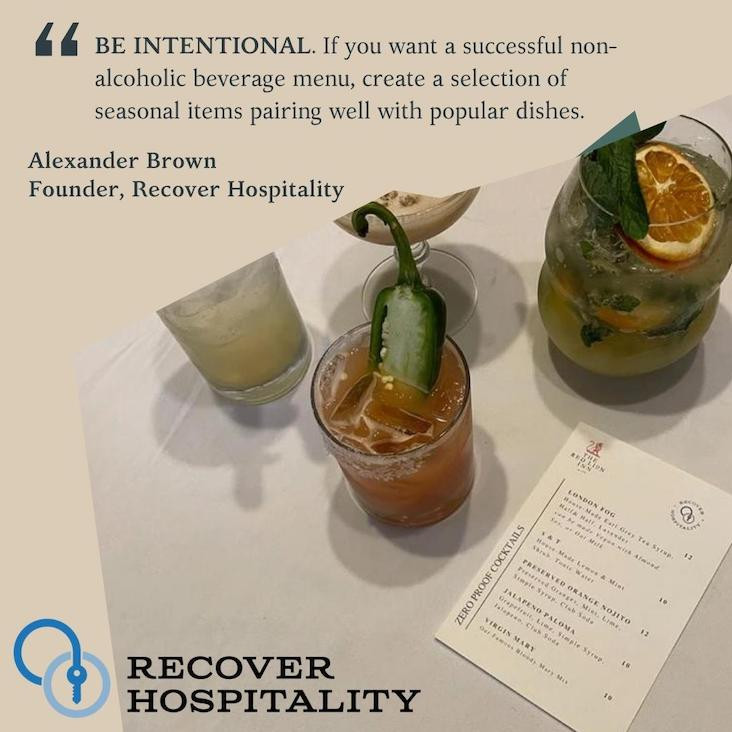Recover Hospitality Supports Travelers In Recovery, Starting In The Berkshires
Alexander Brown’s company works to create experiences conducive to travelers with addictions or in recovery.

Alexander Brown’s company works to create experiences conducive to travelers with addictions or in recovery.
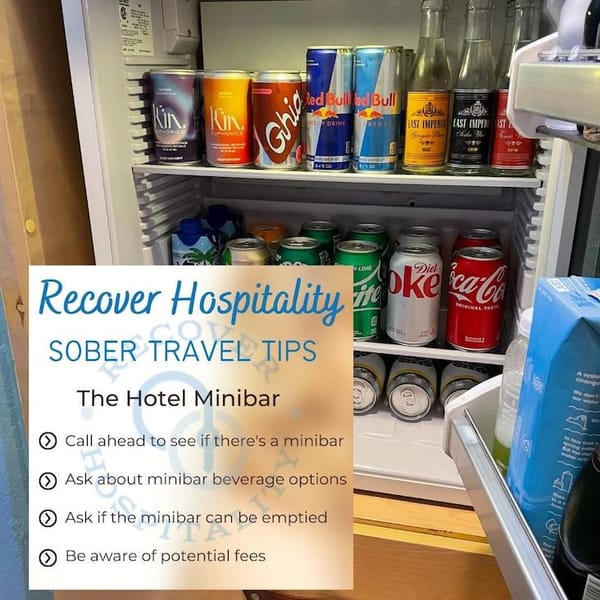
No matter how much you love to travel, and whatever your mental status, you have to agree that there’s always some stress involved. When you’re a person dealing with an addiction or mental health issue, or you’re in recovery, travel becomes exponentially more anxiety producing.
“Working in addiction support services, I saw a lot of people struggle with travel,” says Alexander Brown, founder of Recover Hospitality, a company that supports travelers in recovery. “They’re taught, just don’t do it — don’t travel or go out to eat in the first year or two. But what if they have an important trip coming up? They might say, ‘I know I can’t not drink. I’ll start my recovery journey after the trip.’”
Think about it. You might arrive at your accommodations where there’s contactless check in. “That’s great for a preventing transmission of Covid, but a disaster for anyone who struggles with the disease of isolation, which is what addiction is,” says Brown. Hotel lobbies are often focused around a bar. You take a spa day to relax, and are offered a glass of champagne after a massage. The temptations are endless. Traveling exacerbates those temptations.
“From my hospitality operations background, I knew I could improve the experience for these guests without affecting the bottom line,” Brown says. He’s created a program that decreases the stresses that might be connected to addiction, but could also be issues of social anxiety, claustrophobia, people who don’t drink for religious reasons, or even a couple on a babymoon who don’t want to be tempted to imbibe alcohol.
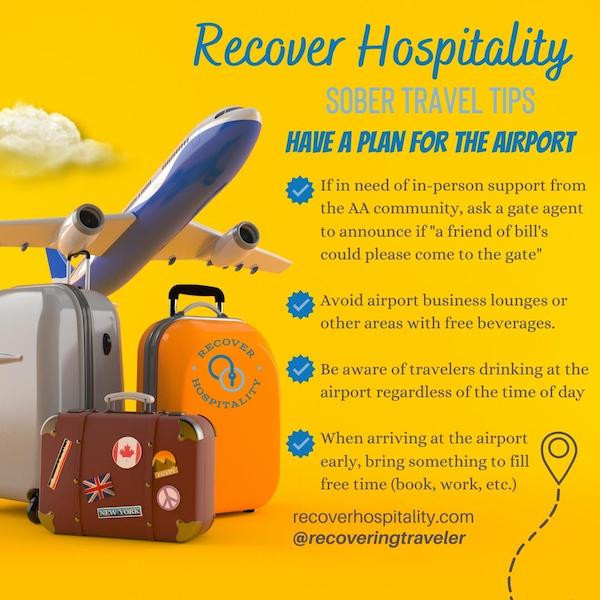
Recover Hospitality works with hotels to decrease the stressfulness of the environment and provide services to guests that increase their opportunity to build resilience. Two packages are offered. In the standard package, Recover Hospitality books reservations at hotels that have made a commitment to providing a supportive environment, employing a concierge to serve as a point of contact during their stay. The package may include an understanding to remove alcoholic beverages from the hotel minibar, offer non-alcoholic beverages, and adhere to the guest’s dietary restrictions. With the premium benefit, guests have access to a trained recovery coach, and an itinerary that includes activities such as support group meetings, restaurant reservations, hikes, yoga, and other mindfulness practices. A remote breathalyzer test monitored by the coach adds an extra layer of accountability for those who need it.
Hotels that choose to offer the Recover Hospitality experience undergo an audit and staff training to meet Brown’s expectations. Brown will work with hotels and restaurants to develop the appropriate program. The Red Lion Inn in Stockbridge, for instance, offers a comprehensive non-alcohol beverage program that anybody can benefit from. It’s a matter of reeducating the hospitality industry that there’s a market out there, Brown says.
Hospitality runs in Brown’s blood — his mother, Anne Brown, owned and operated Blantyre, the luxury hotel in Lenox noted for its gracious hospitality, for 35 years. His family, the Fitzpatricks of Stockbridge, has owned and operated hotels since the 1960s. Blantyre was more home to Brown than any actual private residence. He learned from his mother and guests what excellent hospitality looks like.
“My mother would make a lot of adjustments and create experiences just as special for people who didn’t drink as those who did. She went above and beyond to see that these individuals had an equivalent experience. Guest would return and stay a month and really felt at home there,” Brown says.
Addiction, too, is something Brown knows firsthand. He had to leave the industry because of it, and was always looking for a way back in a healthy manner. As a person in recovery wanting to help others, he received his addiction counseling certificate form UMASS Boston, became a designated Recovery Coach Professional, and is currently earning his Master of Social Work at Boston College.
“In this industry, substance use is an issue for employees,” Brown says. “Seventeen percent of people in hospitality struggle with a clinically diagnosed substance abuse.” Recover Hospitality consults with managers of hotels and restaurants who are looking for resources for staff.
“My hope is that these programs, designed to support staff and guests, will create an environment where the staff feels more comfortable coming forward,” he says. He also wants to work with airlines, because air travel can be so difficult for people in recovery.
Currently, Recover Hospitality is offered at Red Lion Inn and Race Book Lodge in Sheffield, Massachusetts, The company launched just over a year ago, and Brown is preparing to expand services to Boston. Travelers who want to take advantage of the Recover Hospitality lodging package can book directly — and confidentially — through the company’s website.
“We don’t need 50 hotels in every destination,” Brown says. “Just a few to direct guests to a supportive experience.”
